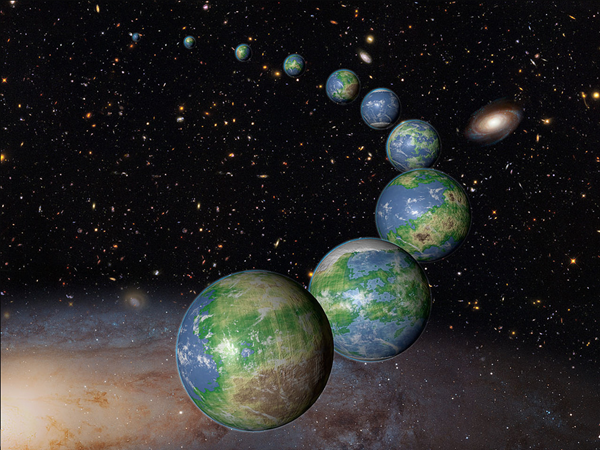Do Parallel Universes Exist?
The concept of multiple parallel universes, also known as the "multiverse," is a topic of fascination and debate among scientists and philosophers. While the idea of multiple universes has been explored in science fiction and popular culture for decades, there is ongoing scientific research and theoretical speculation about the possibility of the existence of multiple parallel universes.
One of the main arguments for the existence of multiple parallel universes is based on the idea of the "many-worlds interpretation" of quantum mechanics. According to this theory, every time a quantum event occurs, the universe splits into multiple parallel universes, each with its own set of outcomes. This would mean that there are an infinite number of parallel universes, each with its own unique set of physical laws and characteristics.
Another argument for the existence of parallel universes is based on the concept of cosmic inflation, which is a theory that explains the expansion of the universe shortly after the Big Bang. Some scientists believe that during cosmic inflation, pockets of the universe may have become separated from one another, resulting in the creation of multiple parallel universes.
However, the idea of multiple parallel universes is still purely theoretical and has not yet been proven through empirical observations or experiments. While there is ongoing research and debate about the possibility of the multiverse, the existence of multiple parallel universes remains a topic of scientific speculation and is not yet considered a scientifically accepted theory.
In conclusion, the concept of multiple parallel universes is a fascinating idea that has captured the imagination of scientists and the general public alike. While there is ongoing research and debate about the possibility of the multiverse, the existence of multiple parallel universes remains a topic of speculation and has not yet been proven through empirical observations or experiments.





